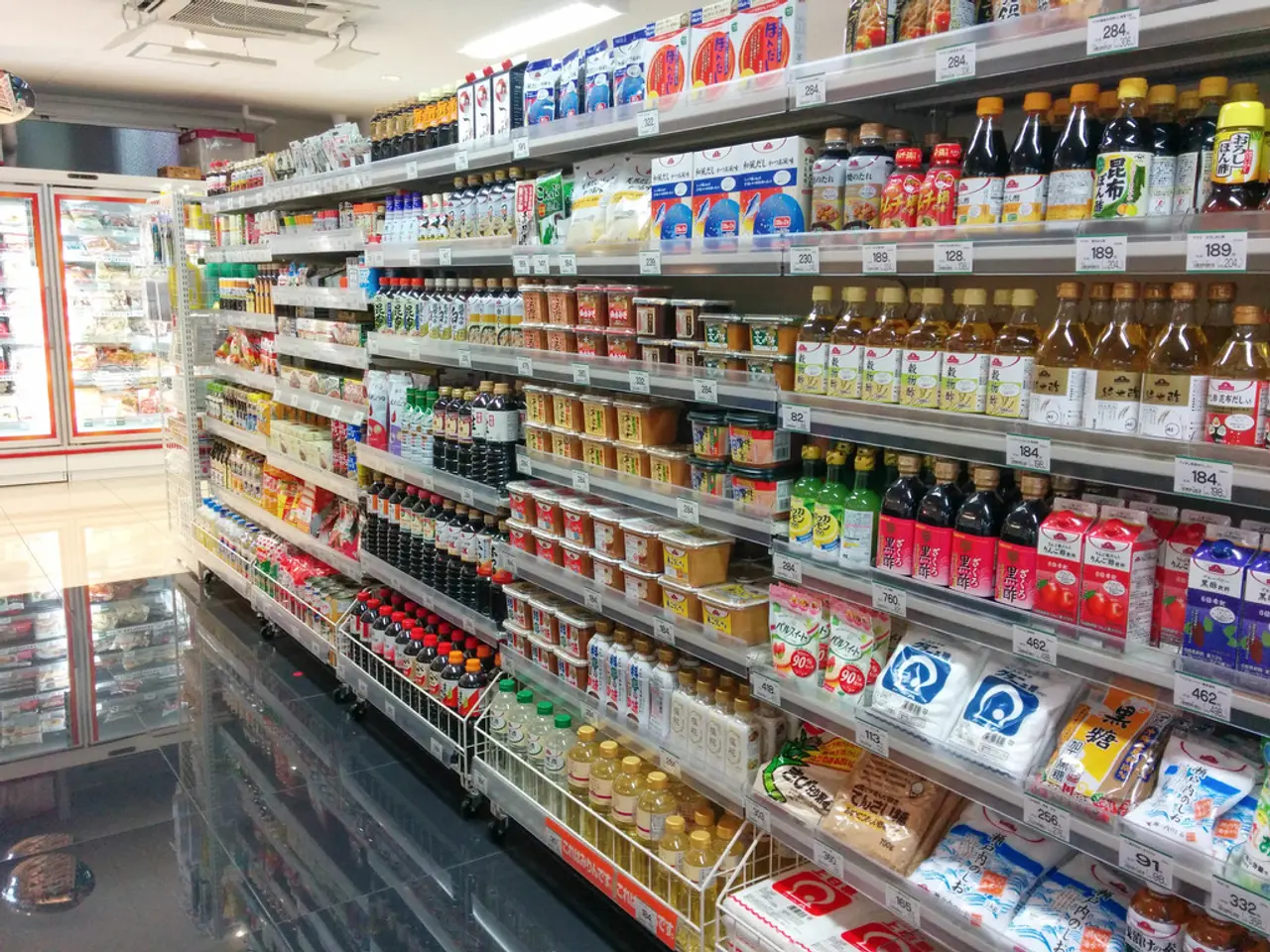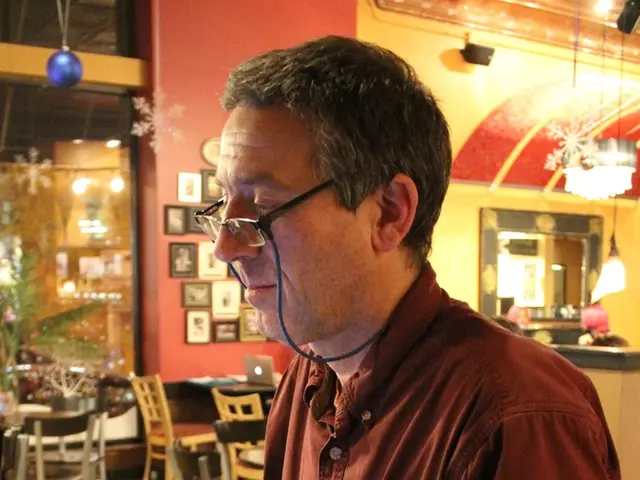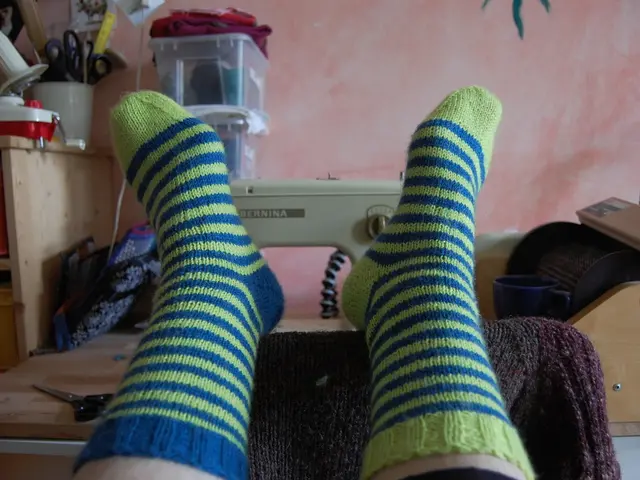Financial venture MaxAB-Wasoko prioritizes financial technology over e-commerce in their pursuit of profitable expansion across Africa.
MaxAB-Wasoko, the merged entity created in 2024 through the merger of Egypt's MaxAB and Kenya's Wasoko, is redefining its strategy in Africa. The company is now focusing on fintech growth as a key driver for profitable expansion, moving away from traditional e-commerce.
After the merger, MaxAB-Wasoko transformed from being primarily a logistics and supply chain platform serving informal retailers to building a fintech-powered ecosystem that supports access to working capital and financial services for small retailers. This shift has been successful, with the company's fintech operations in Egypt generating over $180 million annually, having doubled in growth over the past year. The repayment rate for these operations exceeds 99%, thanks to real-time credit scoring based on transaction data from its e-commerce platform.
E-commerce, the company views, is a high-cost, low-margin business that, while profitable in some markets, is challenging to scale profitably across Africa. In contrast, fintech offers more predictable revenue streams, better unit economics, and higher margin potential. This has led MaxAB-Wasoko to prioritize expanding its financial services footprint in existing markets and pursue acquisitions to strengthen its fintech backbone.
One such acquisition was the 2025 acquisition of the Egyptian fintech-powered marketplace Fatura. This acquisition has reinforced MaxAB-Wasoko's shift toward financial services, providing instant market access and a well-established fintech backbone. Industry analysts project that Fatura could generate approximately 25% of MaxAB-Wasoko's revenue in Egypt by fiscal year-end.
The integration of financial services with distribution platforms in Africa's B2B e-commerce sector is a trend that is gaining momentum. The takeaway from this is that enduring the squeeze may depend more on funding inventory than on merely transporting it.
MaxAB's focus on fintech is not limited to Egypt. The company is intensifying its focus on fintech to drive profitability, especially in major markets across North and East Africa. OmniRetail, another entity within MaxAB, has achieved breakeven EBIT and 5% net contribution margins by integrating credit via OmniPay, its proprietary finance solution.
However, not all players in the African B2B e-commerce sector are following the same path. Nigeria's Sabi, for instance, has pivoted toward commodity exports through its TRACE platform, cutting 20% of its workforce in the process.
MaxAB's strategic shift toward fintech marks a wider recalibration in Africa's B2B e-commerce space. Swedish venture firm VNV Global has revised its valuation of its Wasoko stake downward by 4% in Q1 2025, bringing its stake's worth to $10 million.
Over the past year, MaxAB has issued upwards of $20 million in working capital loans to small retailers, achieving repayment rates exceeding 99%. This shows that MaxAB's fintech-centered strategy is not only driving profitability but also improving the sustainability and profitability of the African e-commerce ecosystem.
References: 1. TechCrunch 2. African Business Magazine 3. The Africa Report 4. Financial Times 5. Quartz Africa
MaxAB-Wasoko is expanding its financial services footprint by pursuing acquisitions, such as the 2025 acquisition of the Egyptian fintech-powered marketplace Fatura, to strengthen its fintech backbone and drive profitability, especially in major markets across North and East Africa. This shift towards fintech, as a key driver for profitable expansion, has resulted in MaxAB's fintech operations in Egypt generating over $180 million annually.
The integration of financial services with distribution platforms in Africa's B2B e-commerce sector is a growing trend, with MaxAB's focus on fintech not only driving profitability but also improving the sustainability of the African e-commerce ecosystem, as evidenced by its success in generating over $20 million in working capital loans and repayment rates exceeding 99%.








